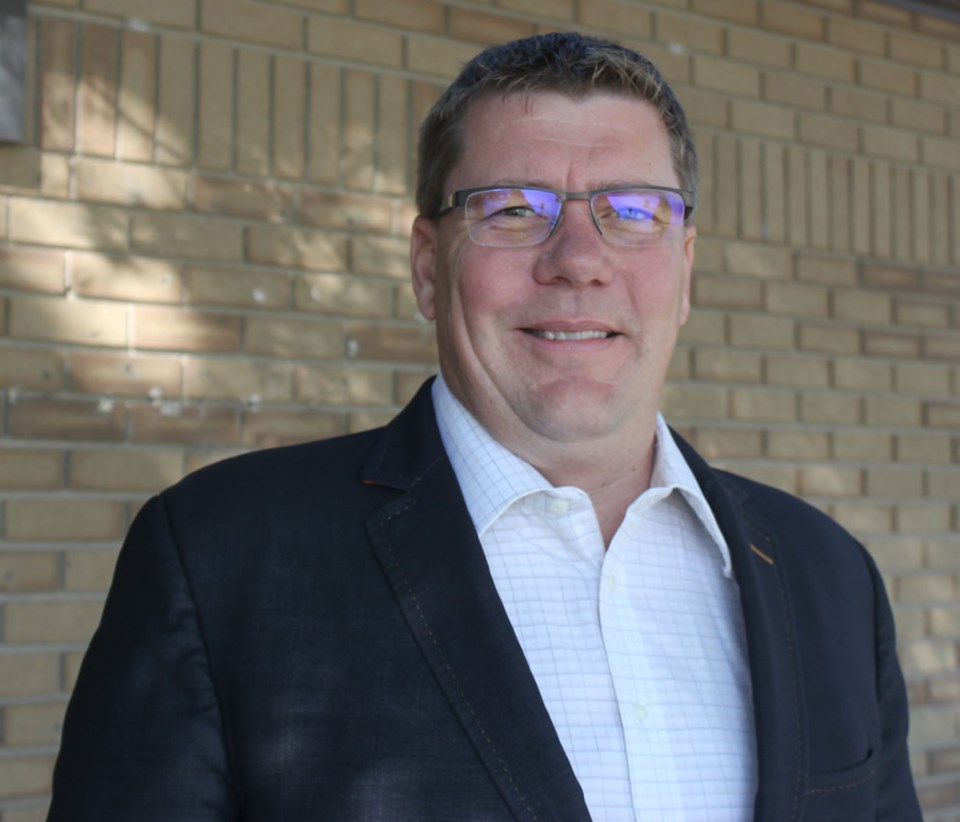For most of the last two years, Saskatchewan had stood alone against a federally-imposed carbon tax.
Then Ontario, New Brunswick and Manitoba joined in. On Oct. 23, they were served their comeuppance, with Prime Minister Justin Trudeau imposing a carbon tax on those four provinces, starting Apr. 1, 2019. These are the provinces who have not come up with their own, federally-approved carbon strategy such as a cap-and-trade system.
Speaking at Humber College in Toronto, Trudeau said, “We are going to place a price on the pollution that causes climate change, from coast to coast to coast.”
“The science is unequivocal: putting a price on pollution is one of the best ways to move forward.”
He went on, “Starting next year, it will no longer be free to pollute anywhere in Canada. And we're also going to help Canadians adjust to this new reality ... Every nickel will be invested in Canadians in the province or territory where it was raised."
The carbon tax will start at $20 per tonne, and will escalate $10 per year until 2022, when it reaches $50 per tonne.
There is a long list of fuel charge rates for those four provinces. For gasoline, the tax will be 4.443 centres per litre in 2019 ,the 6.63 cents in 2020, 8.884 cents in 2021 and 11.05 cents in 2022. The fuels listed run from aviation gasoline to coal. Even “combustible waste” will see a $39.95 tax per tonne.
Farmers and fishers will not have to pay this on fuel used in their equipment, but Saskatchewan Environment Minister Dustin Duncan noted that exclusion will not cover things like hauling grain or trains hauling the same grain.
Targeted relief of the carbon tax is residents of rural and small communities, users of aviation fuels in the territories, greenhouse operators, power plants that generate electricity for remote communities, and Indigenous peoples.
The federal government promised rebates to the people of each of these provinces, with a different rate for each. In Saskatchewan, the rate for an average household is set to start at $598 a year, roughly double that of the other three provinces. Ninety per cent of the tax is expected to be returned to the residents of each of the affected provinces.
The reaction from opponents was swift and harsh. Saskatchewan Premier Scott Moe told reporters,
“Today’s announcement by the federal government exposes the Trudeau carbon tax for the sham that it is. We already know it’s not good environmental policy. We already know that it’s not good economic policy. And today we learned what it actually is. It's a cynical attempt by the Trudeau government to buy your vote with your money,” Moe said.
Two years prior, Moe, then as provincial environment minister, walked out of a meeting discussing the imposition of a carbon tax.
Moe noted a “tiny bit of good news” in that the federal government had, that morning, recognized the Saskatchewan “Prairie Resilience” climate change plan, “That is based in reality, and based in real emissions reductions,” he noted.
However, the federal government was still imposing its carbon tax at fuel pumps and on electrical generation.
“Here in Saskatchewan, the Trudeau tax scheme amounts to a financial shell game, where people will be charged more to fill up their vehicles, they will be charged more when they pay for their SaskPower and SaskEnergy bills to heat their homes, with some of that money in the form of a rebate. And again, our province asks, if this is the case, what’s the point?” Moe said.
Federal Leader of the Opposition, Conservative Leader Andrew Scheer, said, “This plan is wrong for taxpayers, it’s wrong for the economy, and it’s wrong for the environment. Conservatives, like Canadians, see through this election gimmick, and we will hold Justin Trudeau to account for it”
Federal NDP leader Jagmeet Singh was not as harsh, saying, “The idea we need to limit our emissions is important. The way we implement it has to be a way that’s progressive. We have to make sure we take care of working people. And we have to make sure those who are polluting the most are actually paying the most.”
The Saskatchewan Chamber of Commerce is disappointed that the federal government is moving forward with the imposition of a carbon tax on the province. “Businesses do not in any way benefit from new taxes and it is often difficult to pass new costs on to their customers,” said CEO Steve McLellan.
“While we don’t applaud new taxes by any government, we do acknowledge this announcement provides some clarity and businesses can now plan for 2019 with greater certainty. The Trans Mountain Pipeline moving forward provides future access for our oil to tidewater and the new USMCA will provide clarity on trade with our largest trading partners. While new taxes are always a challenge, prolonged uncertainty is also a huge hurdle for businesses,” concluded McLellan.




